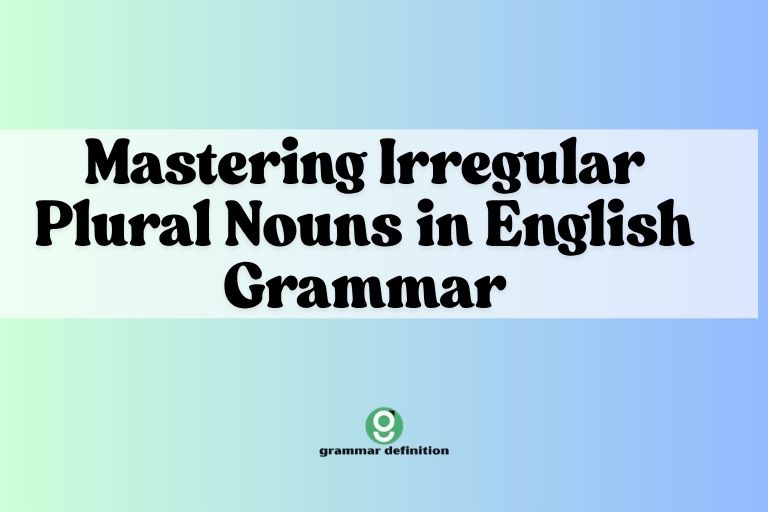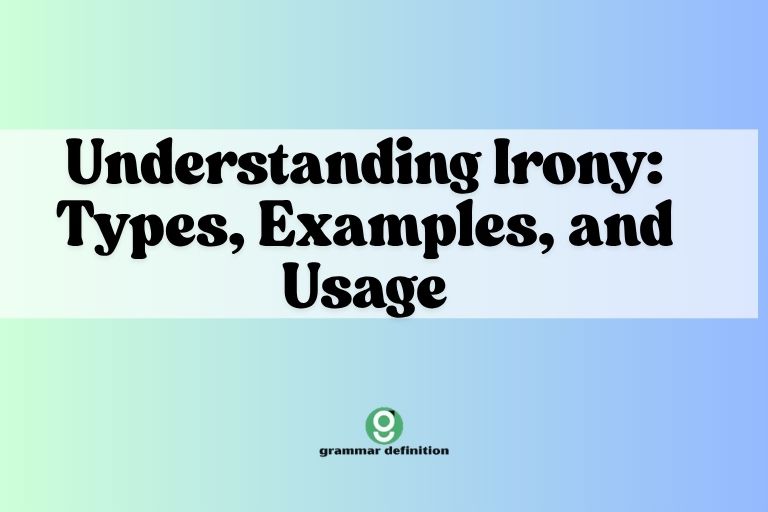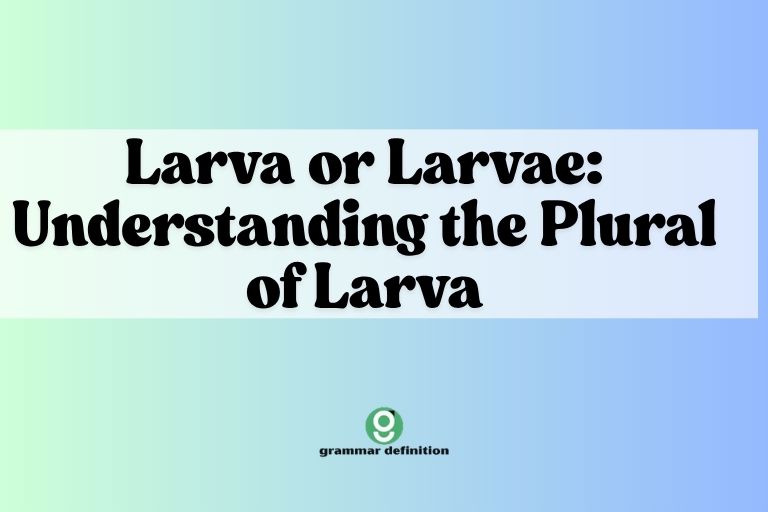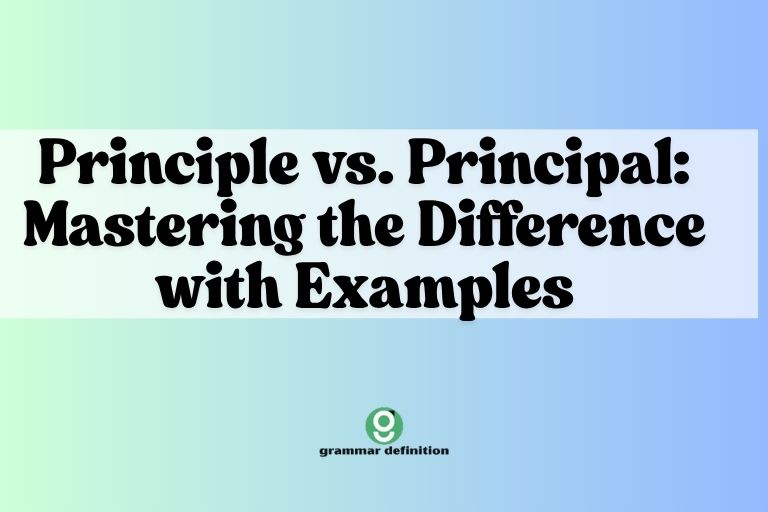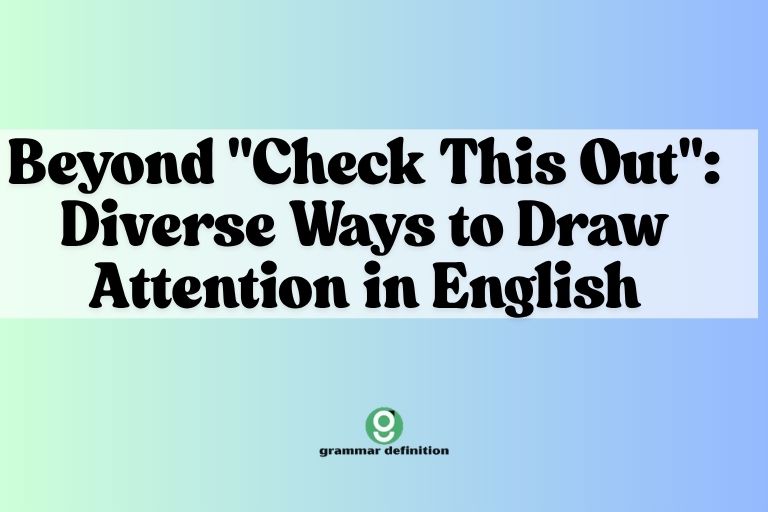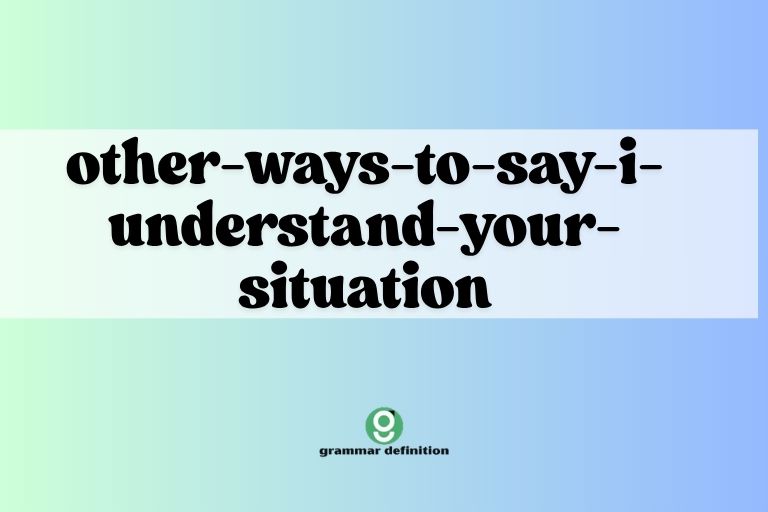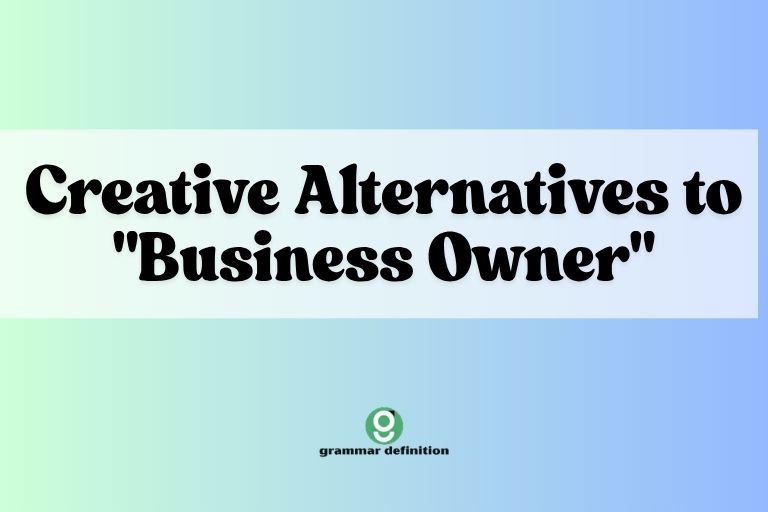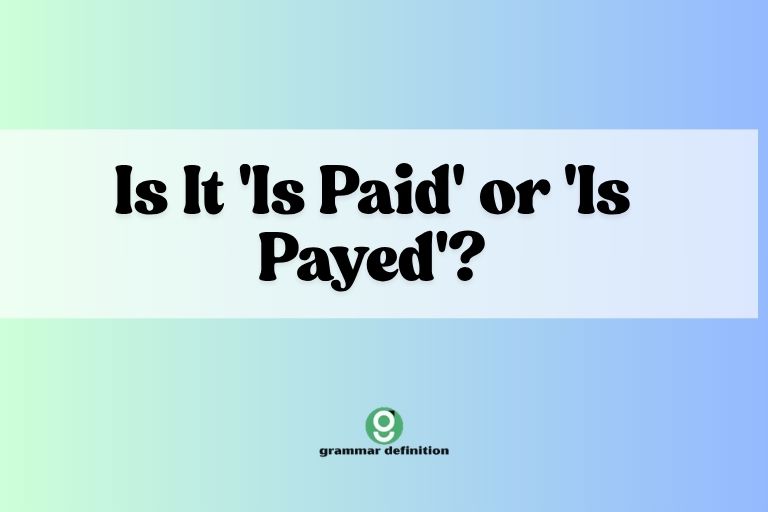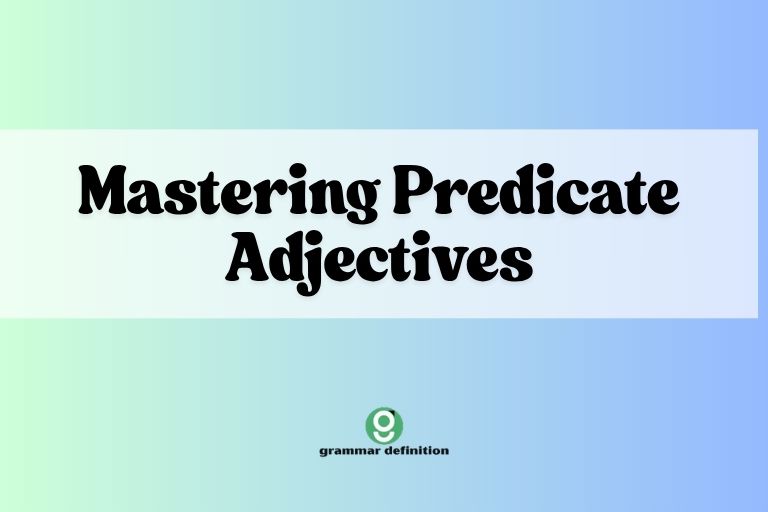Mastering Irregular Plural Nouns in English Grammar
Understanding irregular plural nouns is crucial for achieving fluency and accuracy in English. Unlike regular nouns that simply add “-s” or “-es” to form their plural, irregular nouns follow unique and often unpredictable patterns. Mastering these exceptions is essential for both writing and speaking, as errors in pluralization can lead to miscommunication and a perception … Read more

